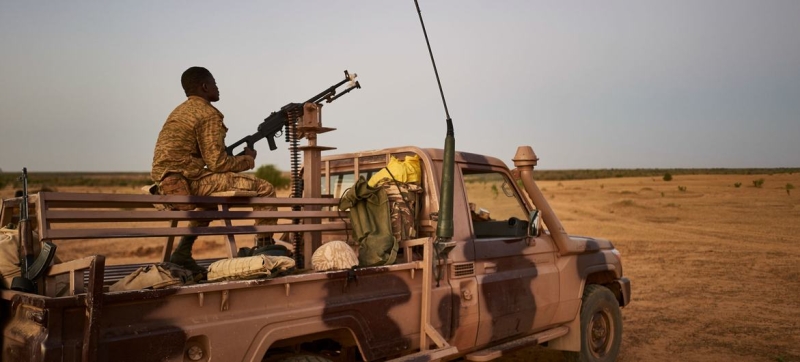
The spread of violent extremism is further exacerbating an already unprecedented humanitarian crisis on the planet. The world celebrates the International Day for the Prevention of Violent Extremism International Law
Today, February 12, the world celebrates the International Day for the Prevention of Violent Extremism Conducive to Terrorism.
The UN General Assembly established this day by its resolution 77/243. The General Assembly particularly noted in this regard that the primary responsibility for countering terrorism lies with Member States and their national actors, and also emphasized the important role of intergovernmental organizations, civil society, academia, religious leaders and the media in countering terrorism and preventing violent extremism conducive to terrorism.
The resolution reaffirms that terrorism and violent extremism conducive to terrorism cannot and should not be associated with any particular religion, nationality, civilization or ethnic group.
Violent extremism is a multifaceted phenomenon that does not have a clear definition. It is neither new nor unique to any particular region, ethnicity or belief system. Terrorist groups such as ISIS, al-Qaeda and Boko Haram shape our understanding of violent extremism and the debate on how to counter this threat.
The ideas of intolerance – religious, cultural, social – spread by extremists have grave consequences for many regions of the world. By holding territory and using social media to spread their ideas and actions globally and in real time, they seek to challenge our shared values of peace, justice and human dignity.
The spread of violent extremism further exacerbates an already unprecedented humanitarian crisis that extends beyond the borders of any single region. Millions of people have been forced to flee territories seized by terrorist and violent extremist groups. Migration flows into and out of conflict zones have increased, both to seek safety and to become foreign terrorist fighters, further destabilizing the regions.
Nothing can justify violent extremism, but the international community must also recognize that it does not occur in a vacuum. Real or perceived injustice, the promise of opportunity and radical change become attractive when human rights are violated, good governance is ignored and hopes are dashed.
